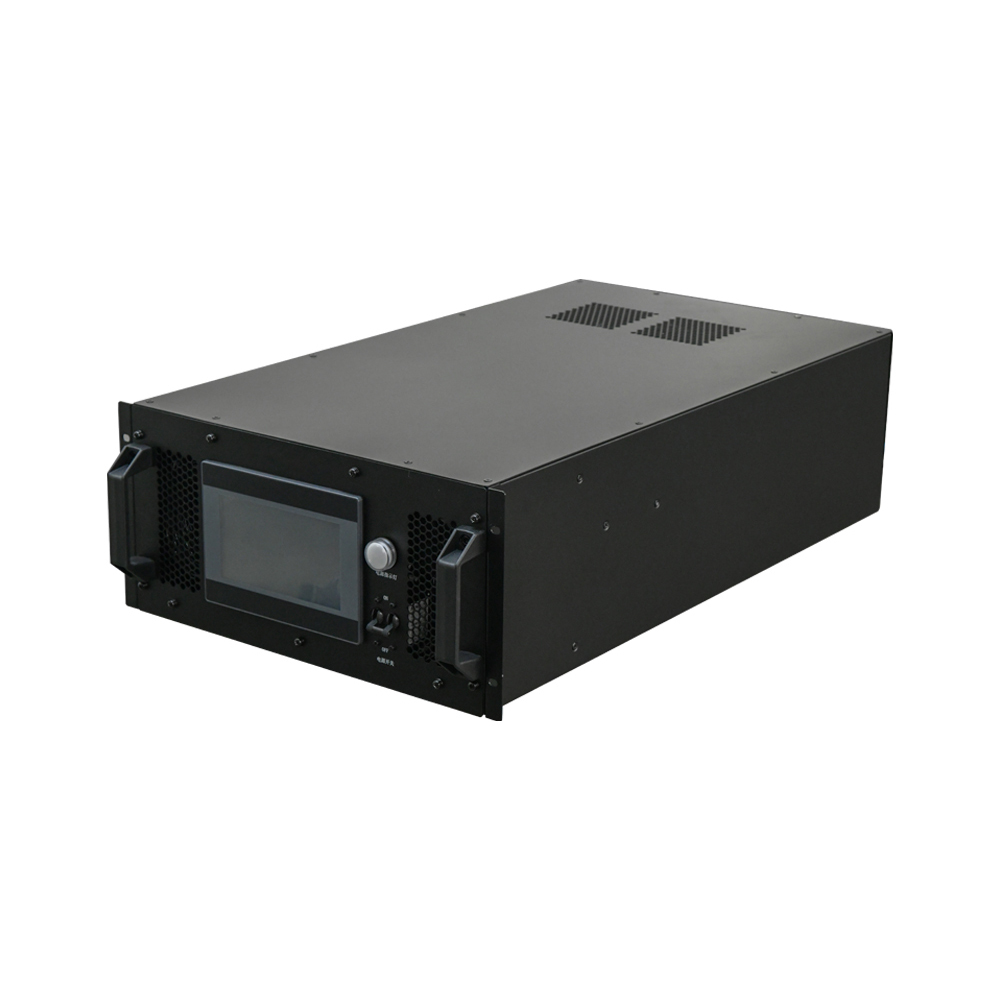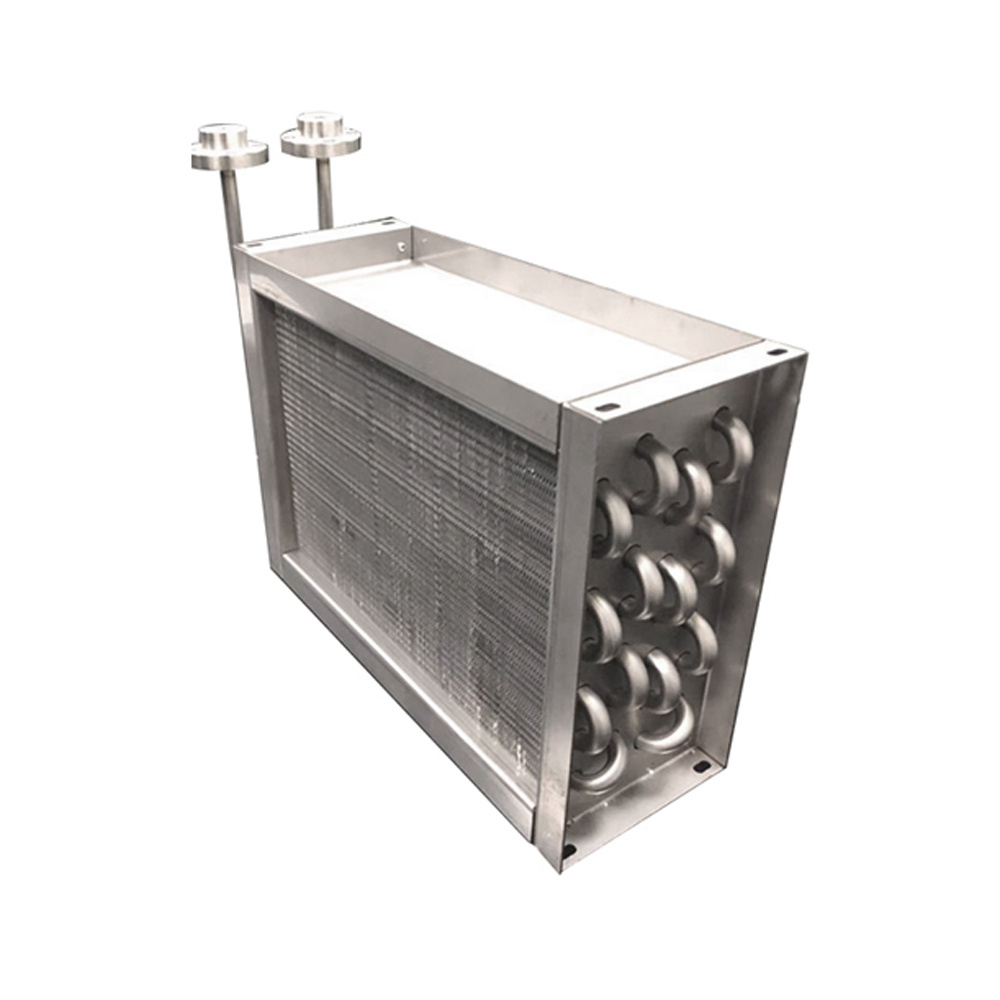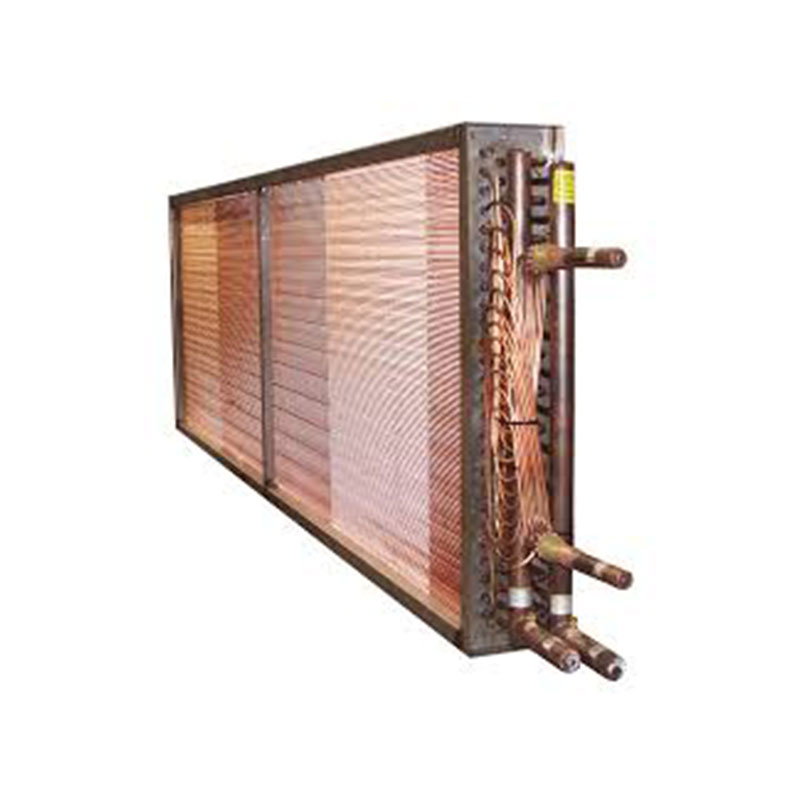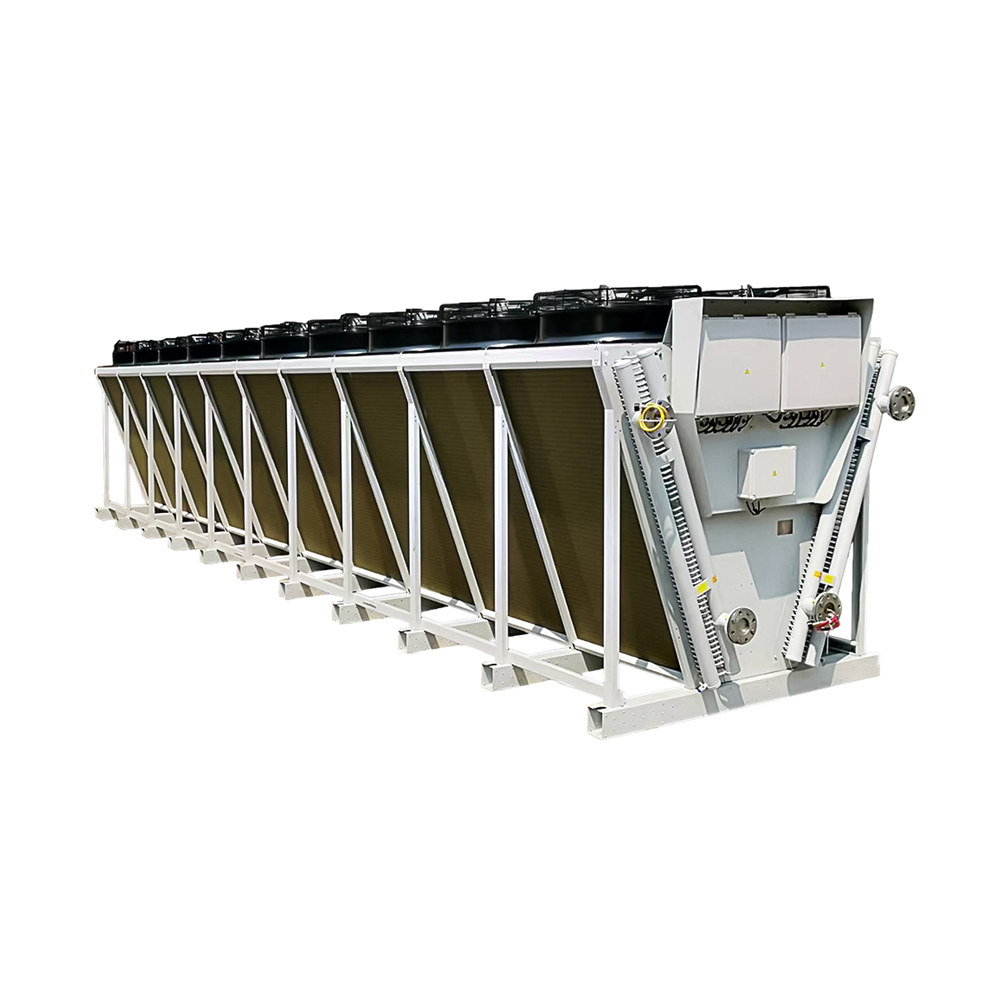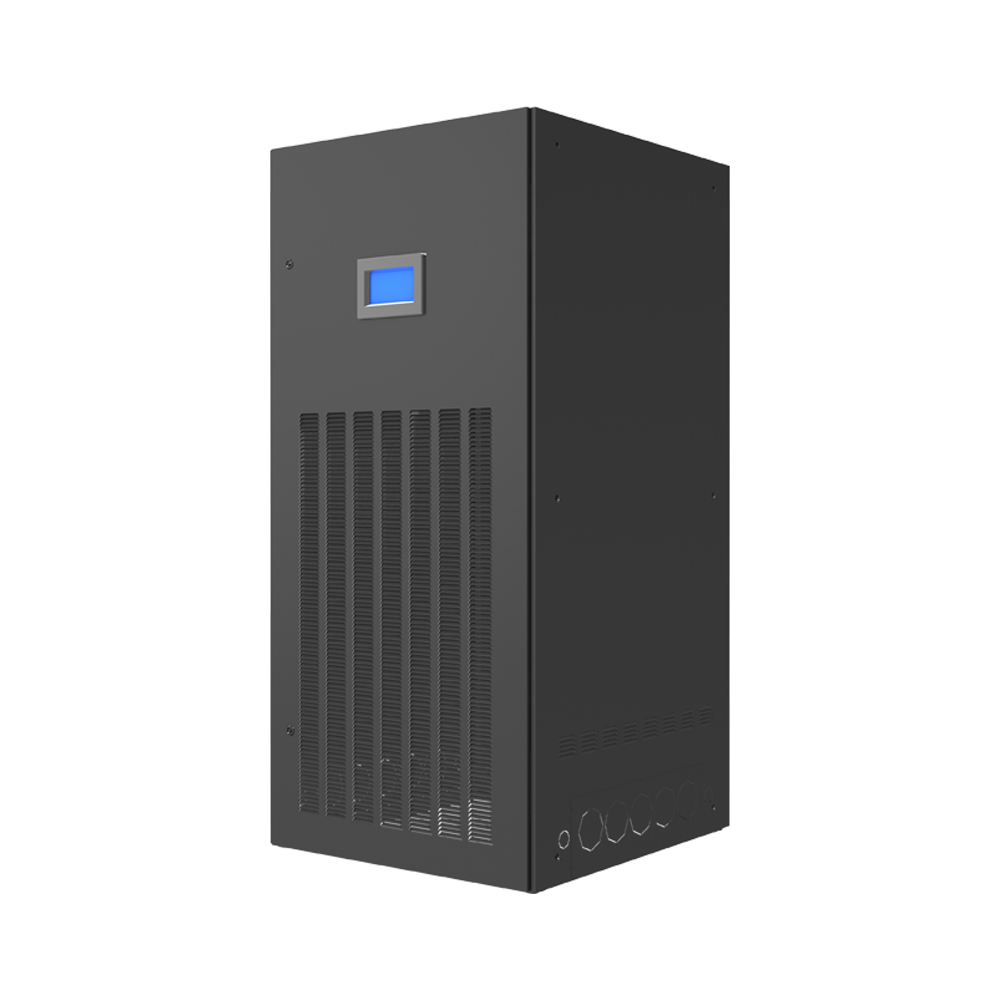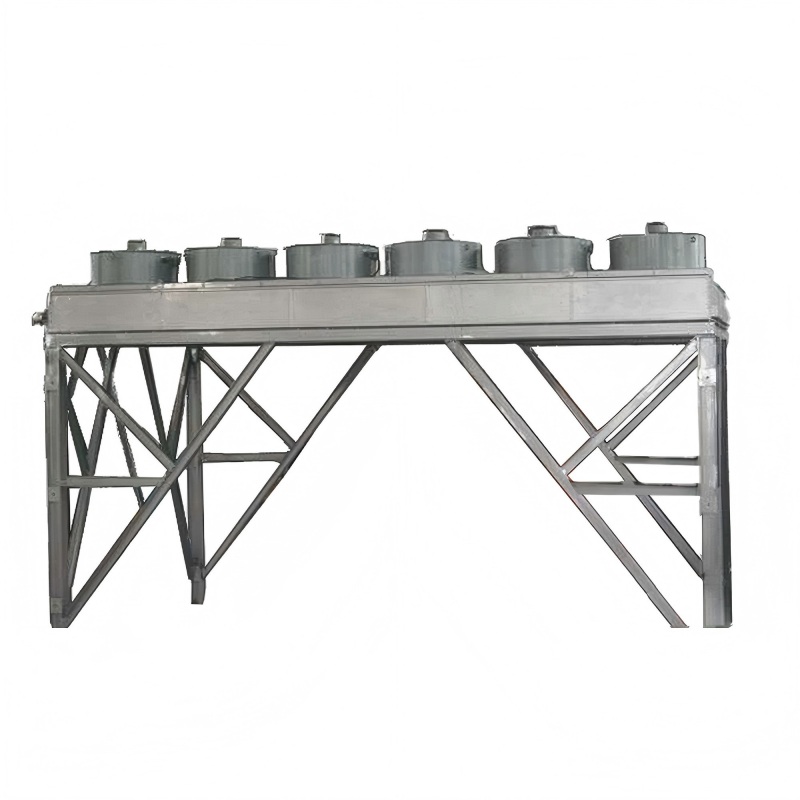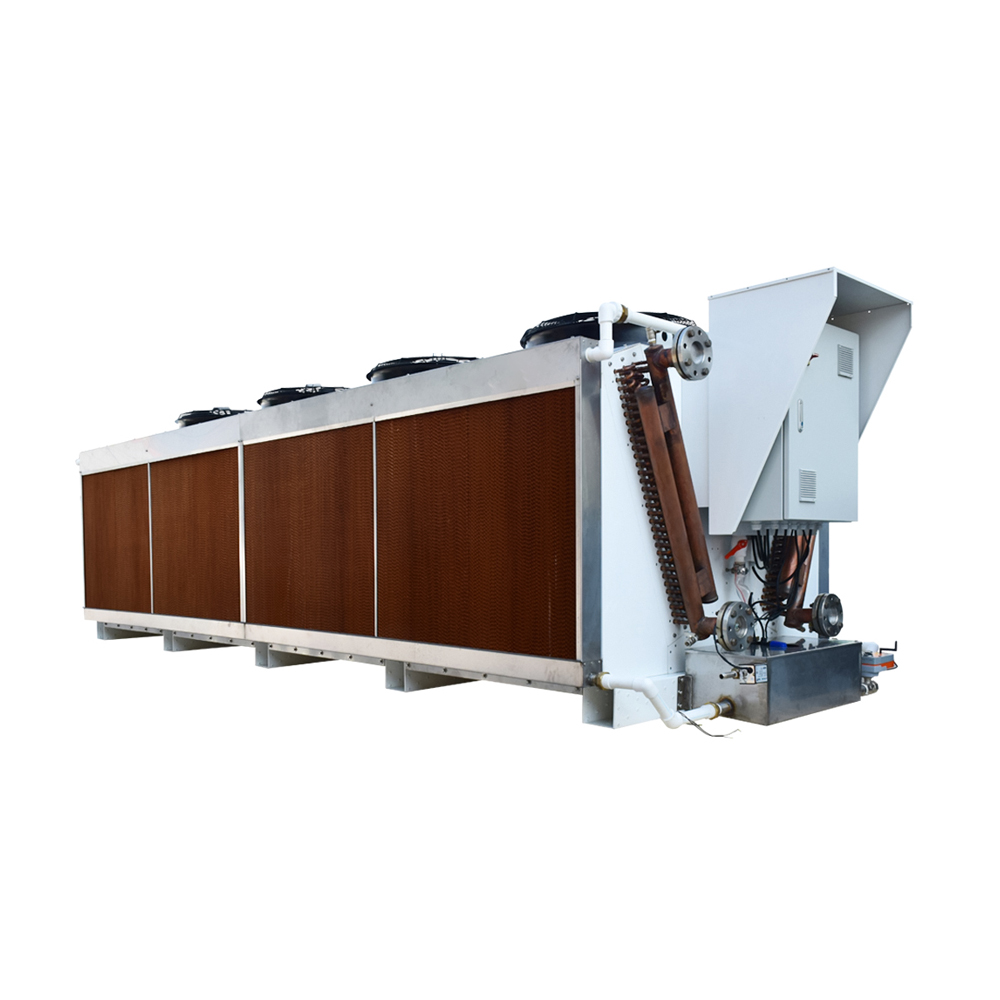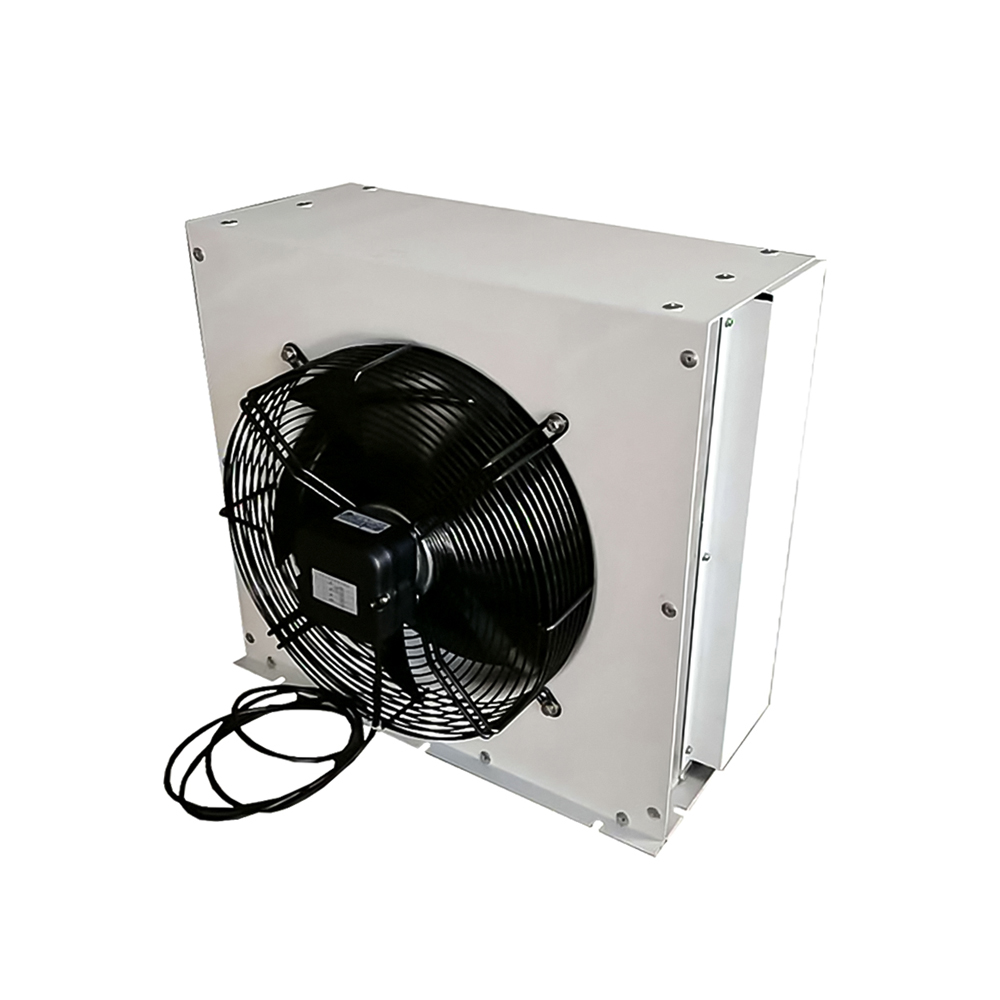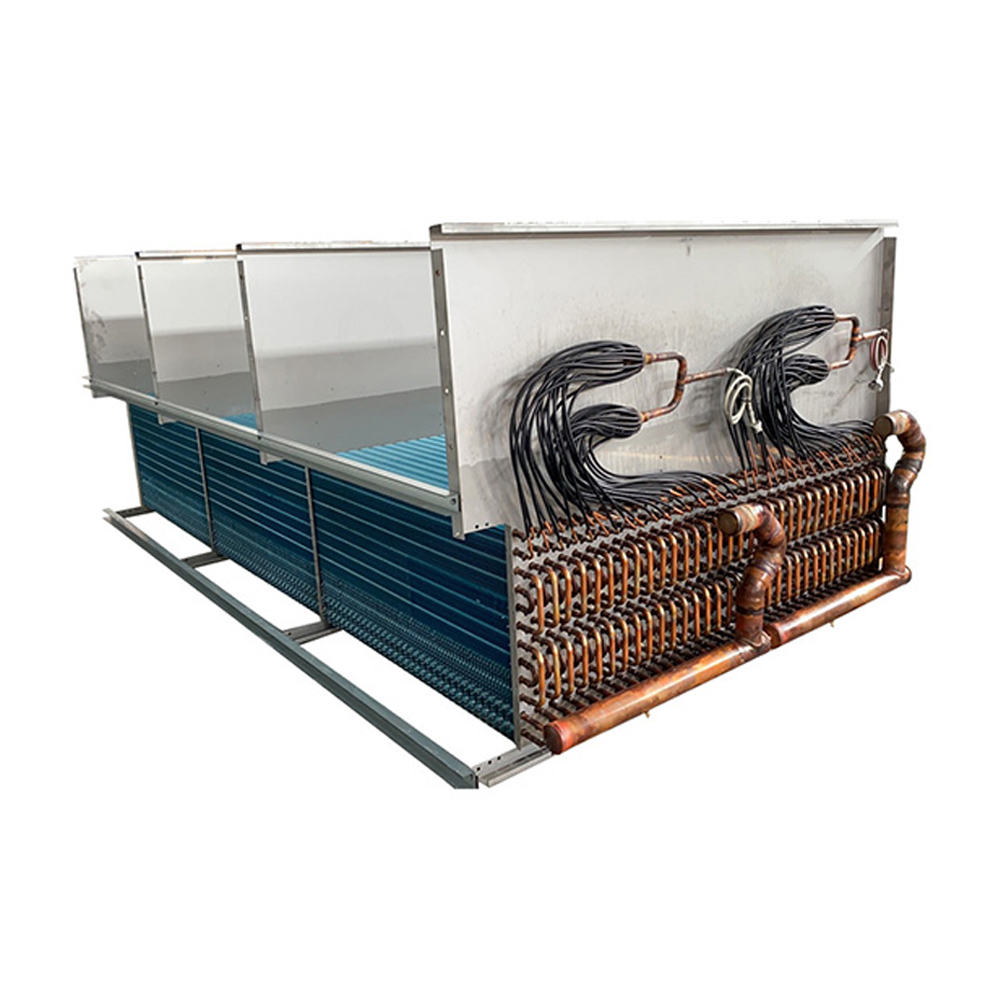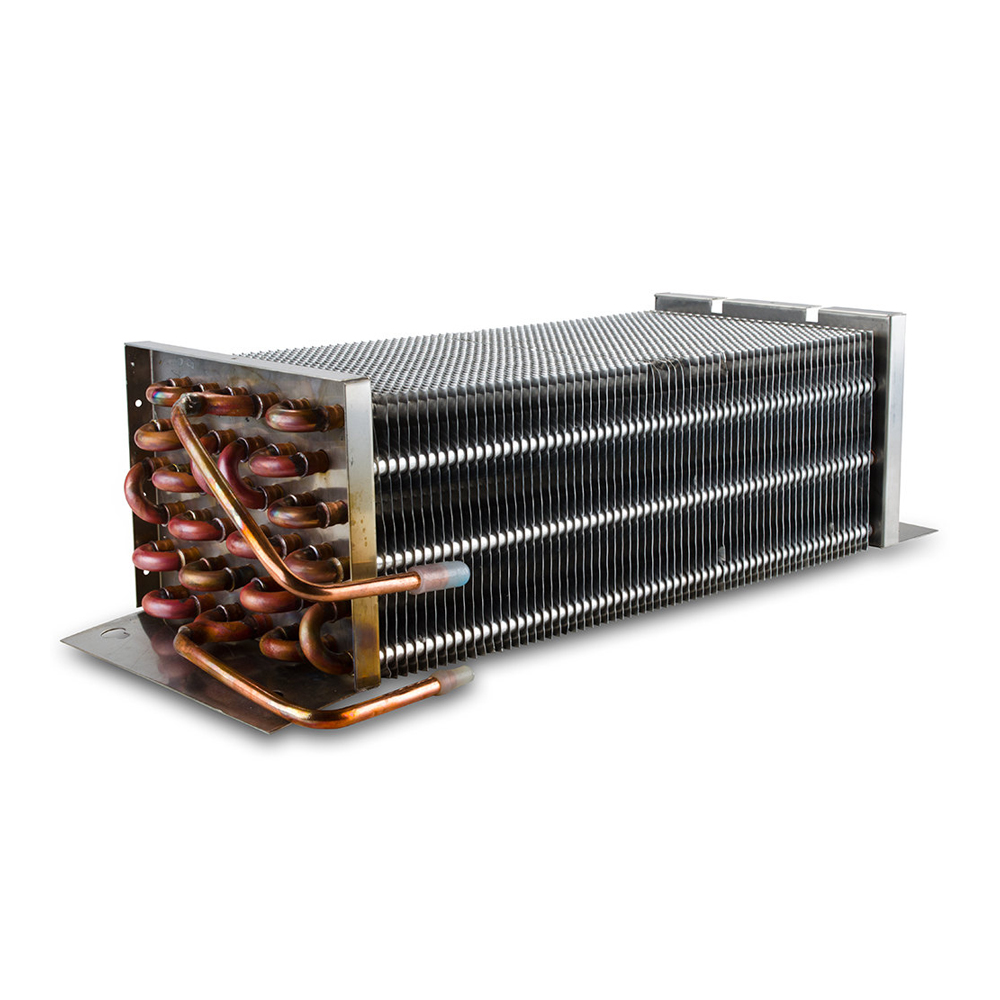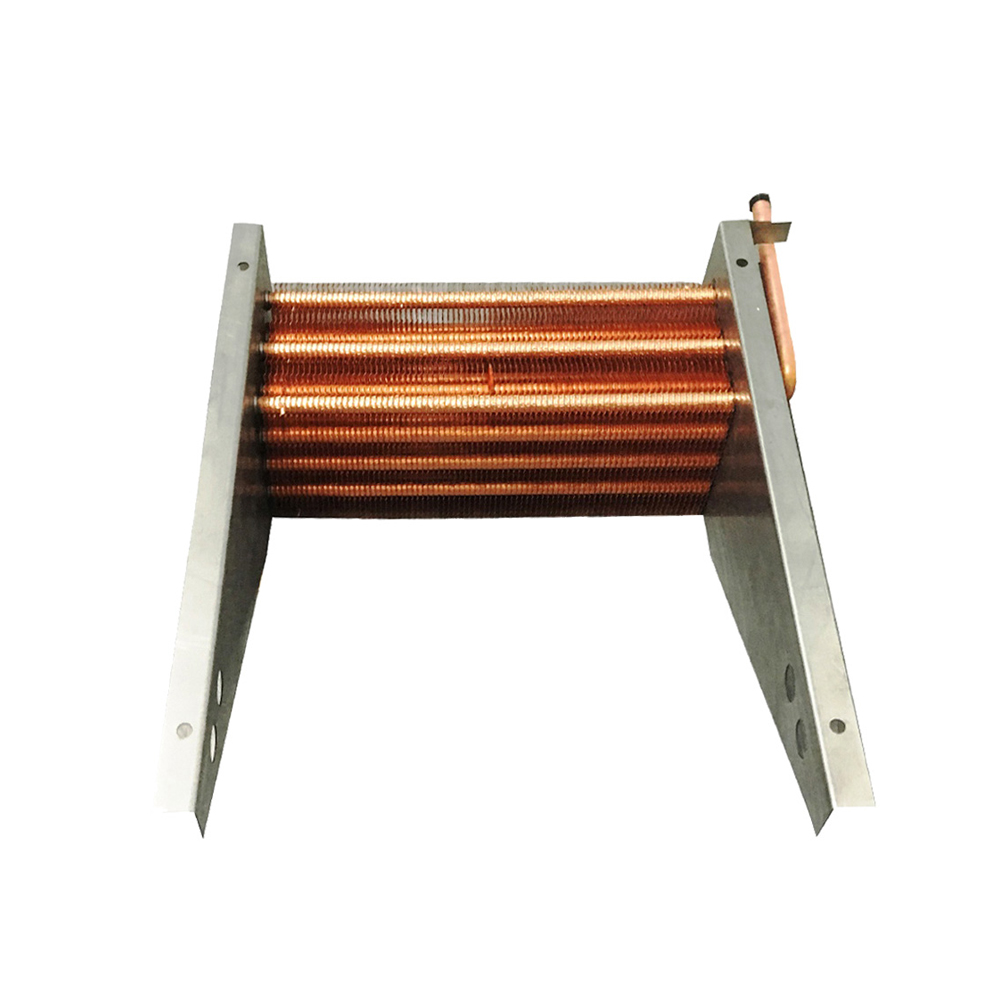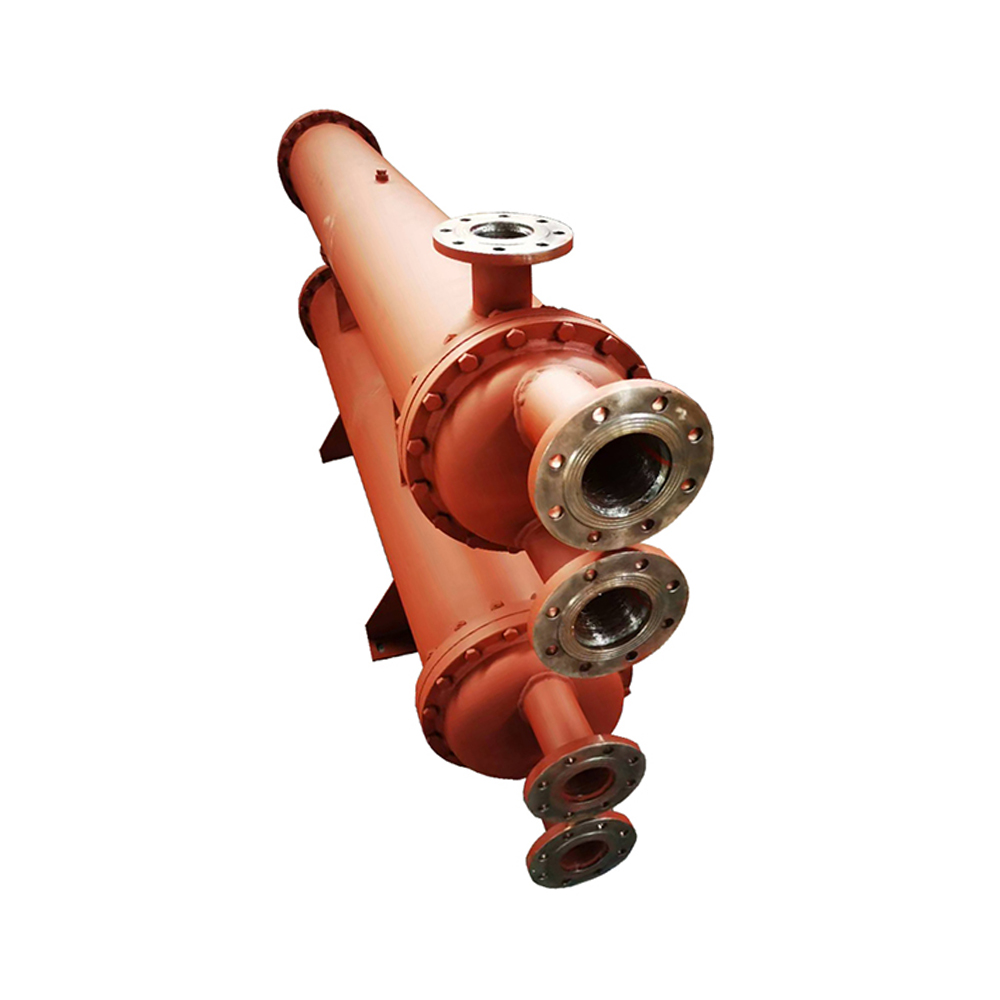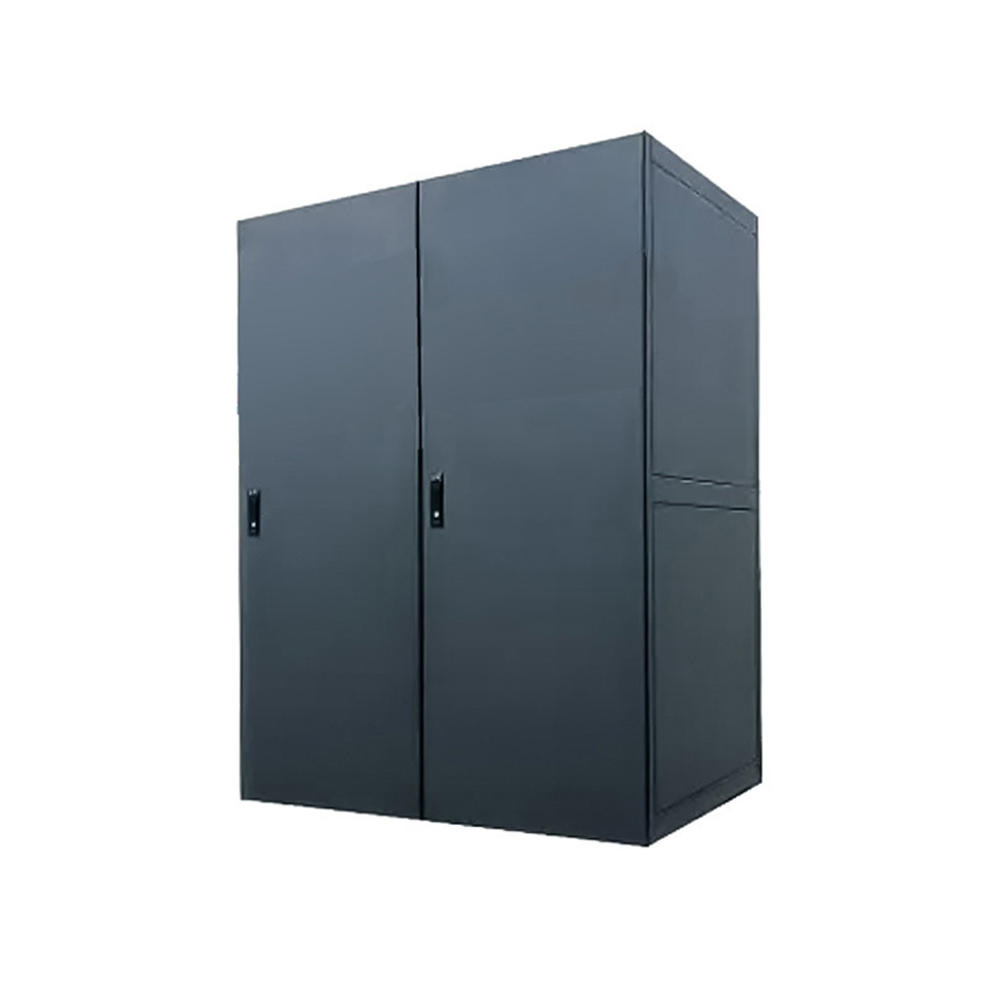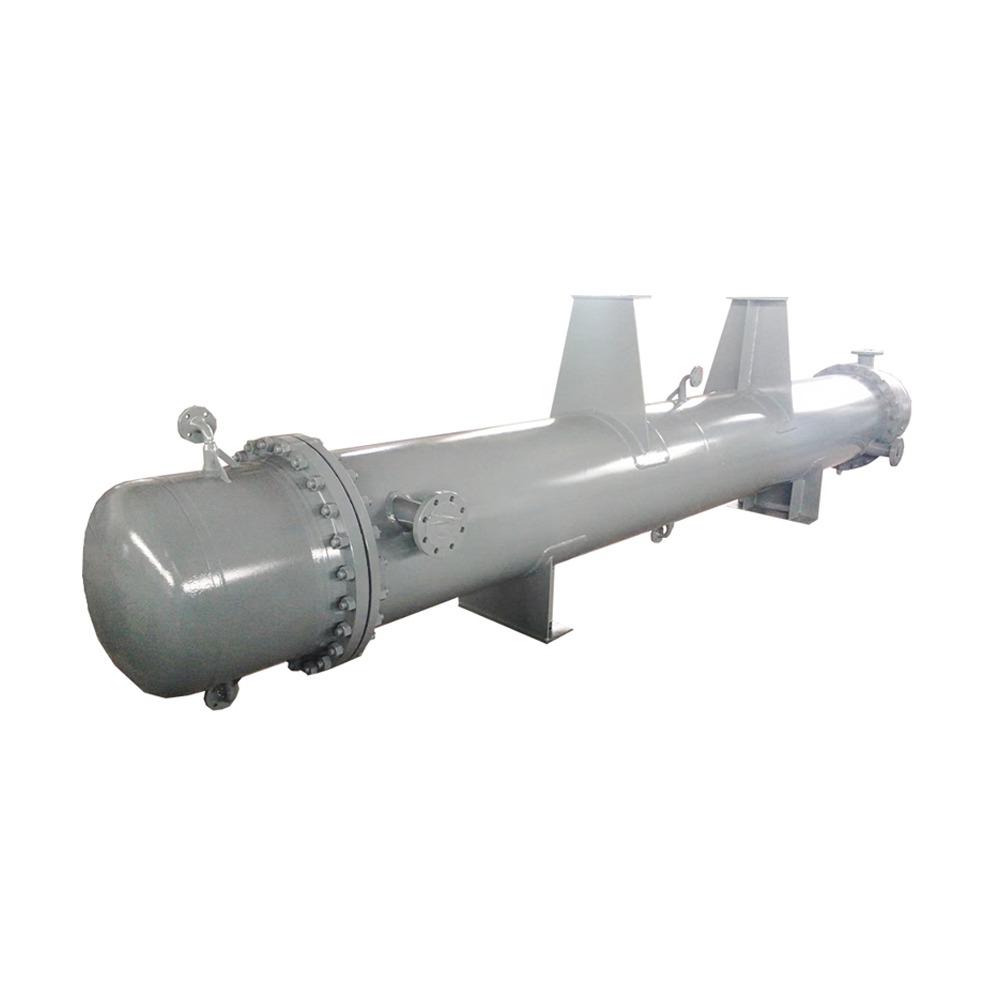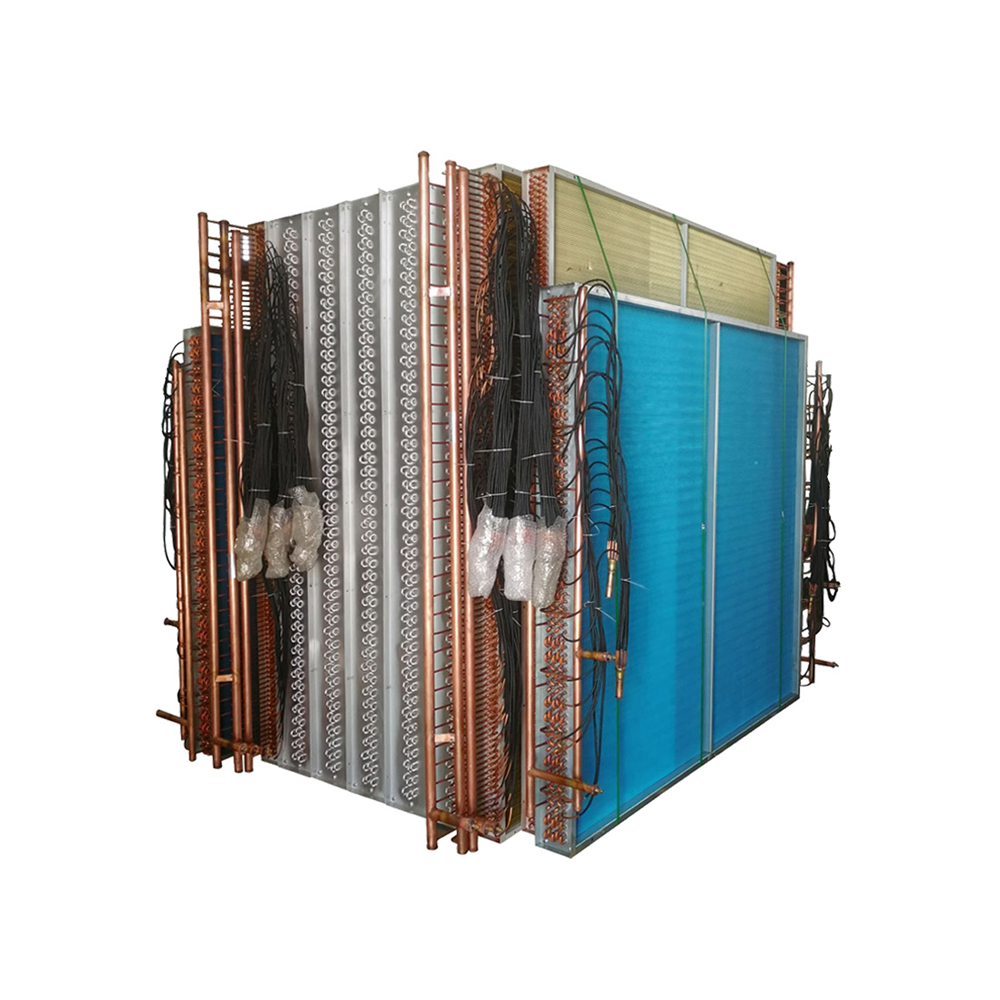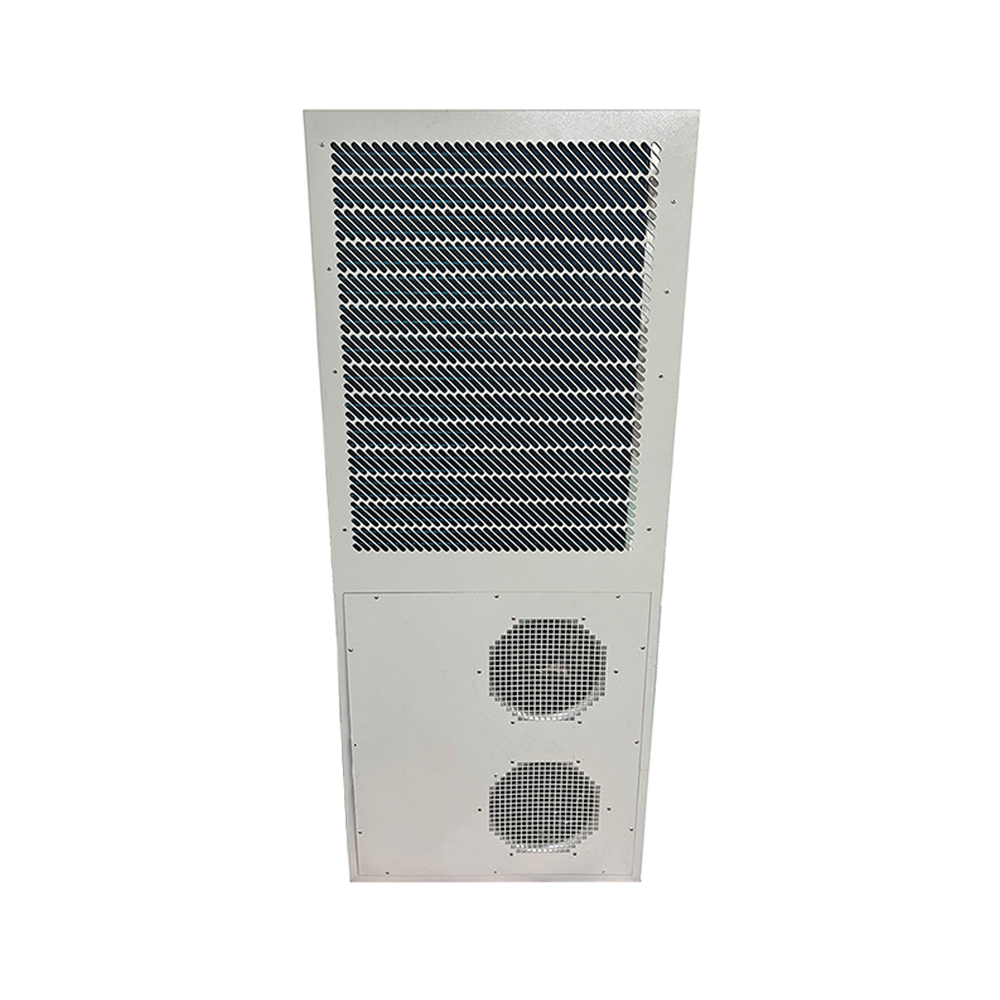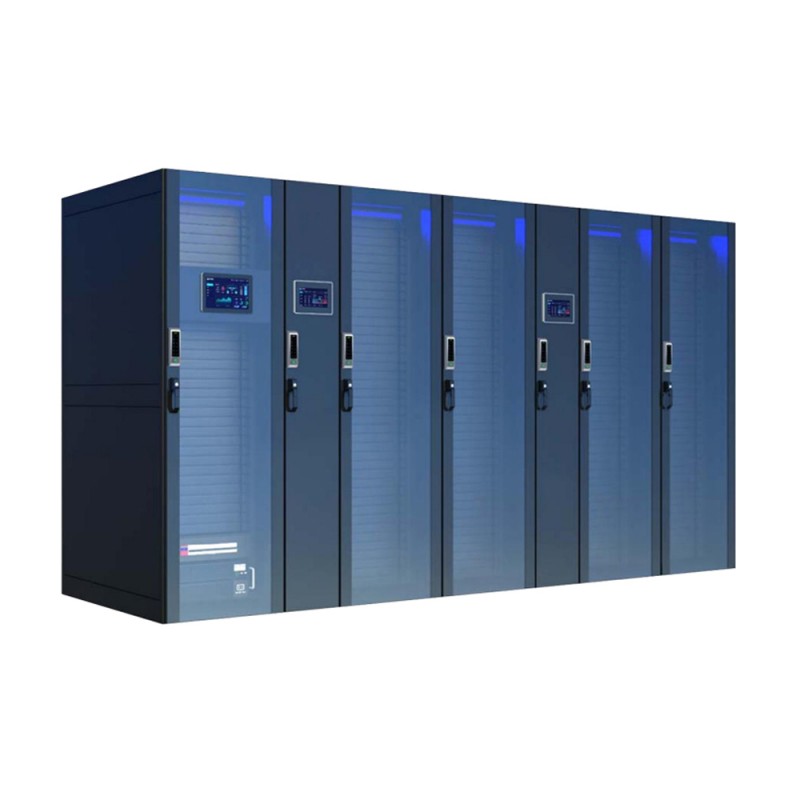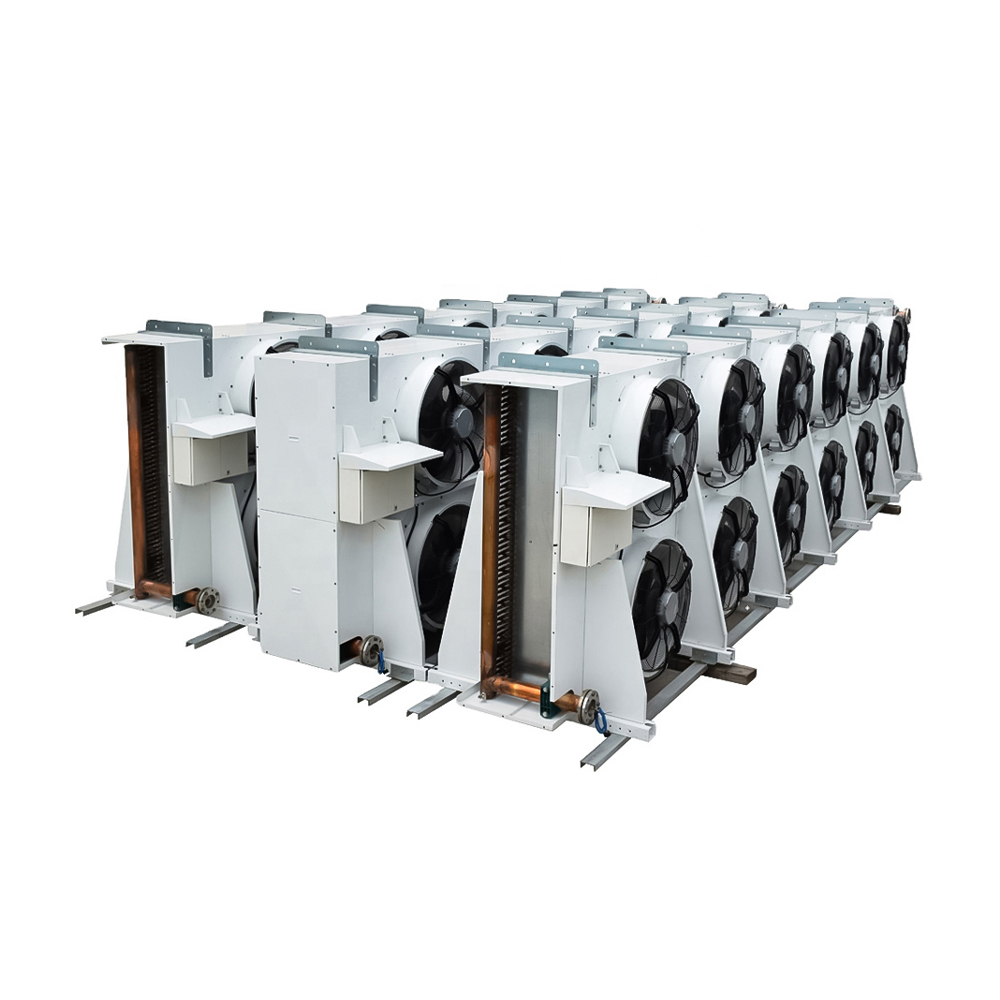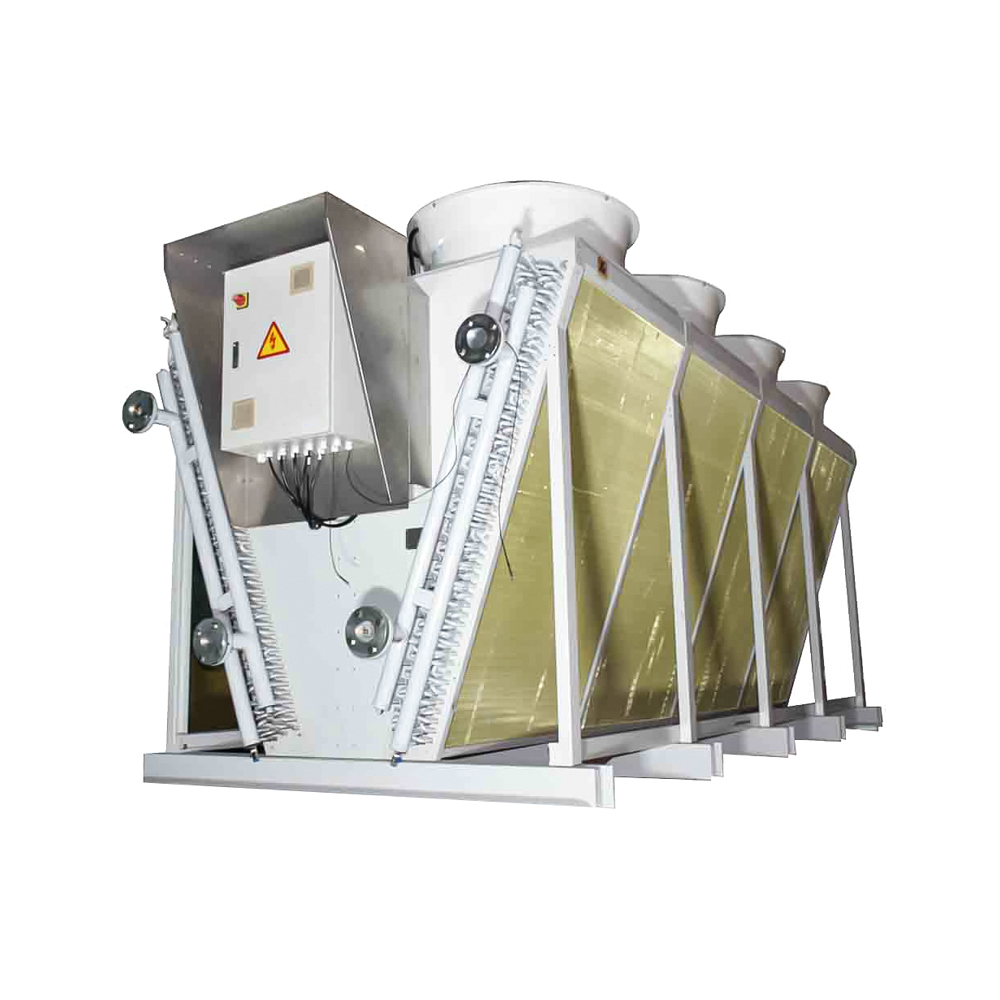This comprehensive guide explores the intricacies of industrial air handler units, helping you understand their functionality, selection criteria, and maintenance. We'll cover various types, key features, energy efficiency considerations, and factors to consider when choosing the right unit for your specific needs. Learn how to optimize your facility's climate control and improve overall operational efficiency.
What is an Industrial Air Handler Unit?
An industrial air handler unit is a critical component of HVAC (Heating, Ventilation, and Air Conditioning) systems in large-scale commercial and industrial buildings. Unlike residential systems, these units are designed to handle significantly larger air volumes and often incorporate advanced features for precise climate control and energy efficiency. They typically consist of a blower, heating and cooling coils, filters, and a control system. These units can be found in factories, warehouses, data centers, and other industrial settings requiring robust and reliable climate control.
Types of Industrial Air Handler Units
1. Air-Cooled vs. Water-Cooled
Industrial air handler units are primarily categorized into air-cooled and water-cooled systems. Air-cooled units use ambient air to dissipate heat, while water-cooled units utilize a chilled water loop for cooling, offering higher efficiency in warmer climates. The choice depends on factors such as climate, energy costs, and available infrastructure. Shanghai SHENGLIN M&E Technology Co.,Ltd (https://www.ShenglinCoolers.com/) offers a range of both air-cooled and water-cooled options.
2. Rooftop vs. Split Systems
Rooftop units are self-contained and installed on the building's roof, simplifying installation. Split systems, on the other hand, have separate indoor and outdoor units, offering greater flexibility in placement and potentially improved aesthetics. The optimal choice depends on the building's design and available space.
3. Single-Zone vs. Multi-Zone
Single-zone units control the temperature in a single area, while multi-zone units allow for independent climate control in multiple zones within a building. Multi-zone systems are ideal for large facilities with varying temperature requirements.
Key Features and Considerations
Energy Efficiency
Energy efficiency is a paramount concern when selecting an industrial air handler unit. Factors like SEER (Seasonal Energy Efficiency Ratio) and EER (Energy Efficiency Ratio) ratings should be carefully evaluated. Investing in a high-efficiency unit can lead to significant long-term cost savings.
Capacity and Airflow
The unit's capacity (in tons or BTUs) and airflow (in CFM – cubic feet per minute) must be carefully matched to the size and thermal load of the space. Incorrect sizing can result in inadequate cooling or heating, leading to discomfort and increased energy consumption. Consult with an HVAC professional to determine the appropriate capacity for your application.
Filtration and Air Quality
Effective filtration is crucial for maintaining a healthy indoor environment. Consider units with high-efficiency particulate air (HEPA) filters or other advanced filtration systems to remove airborne contaminants and allergens. This is especially important in industrial settings where dust, fumes, or other pollutants may be present.
Selecting the Right Industrial Air Handler Unit
Choosing the right industrial air handler unit requires careful consideration of several factors: building size and layout, climate, energy costs, budget, and future expansion plans. It is highly recommended to consult with a qualified HVAC professional to ensure the selected unit meets your specific needs and optimizes energy efficiency and performance.
Maintenance and Servicing
Regular maintenance, including filter changes, coil cleaning, and component inspections, is essential for optimal performance and longevity of your industrial air handler unit. Preventative maintenance can significantly reduce the risk of breakdowns and extend the lifespan of the equipment.
Conclusion
Selecting the appropriate industrial air handler unit is a critical decision for any commercial or industrial facility. By understanding the various types, features, and considerations discussed in this guide, you can make an informed choice that optimizes climate control, improves energy efficiency, and contributes to a more productive and comfortable working environment. Remember to always consult with a qualified HVAC professional for expert advice and installation.









